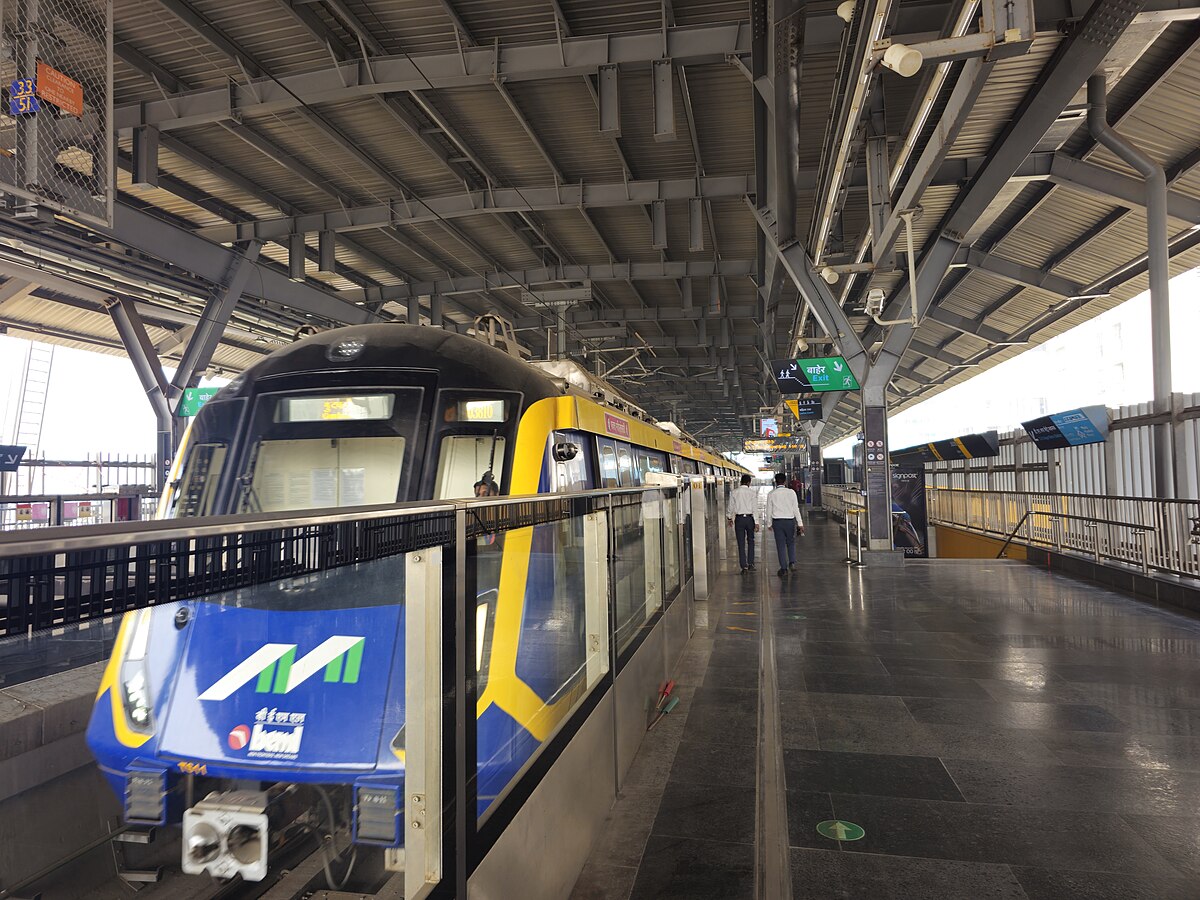Mumbai’s urban transit system is on the cusp of a major upgrade, as the city readies to initiate trial runs on a critical 10-kilometre segment of Metro Lines Four and Four A.
The Mumbai Metropolitan Region Development Authority (MMRDA) has confirmed that the upcoming tests will cover ten stations, stretching from Cadbury to Gaimukh in the Thane region—marking a pivotal advancement in the city’s push for faster, greener, and more efficient mobility. The corridor, which includes key stations such as Majiwada, Kapurbawadi, Manpada, and Kasarvadavli, is being positioned as a crucial link in Mumbai’s complex transport web. Though the dedicated metro depot for these lines remains under construction, MMRDA has formulated an interim mechanism using inspection pits beyond Gaimukh terminal to facilitate early-stage operational testing. This workaround underscores the authority’s intent to expedite readiness while maintaining safety and engineering precision.
Metro Line Four spans a total of 32.32 kilometres from Wadala to Kasarvadavli, comprising 30 fully elevated stations designed to integrate seamlessly with existing and future transit systems. This includes connections to the Eastern Express Highway, Central Railway, Mono Rail, and upcoming metro lines Two B, Five, and Six. Once operational, this network is expected to slash travel time by up to 75 per cent for thousands of daily commuters, offering a sustainable alternative to Mumbai’s congested roads. The extended Metro Line Four A, which adds another 2.7 kilometres from Kasarvadavli to Gaimukh, will introduce two additional stations and push metro access deeper into Thane’s growing suburban catchments. As housing and employment corridors continue to sprawl outward, this connectivity becomes not just desirable, but essential for equitable urban development.
The MMRDA’s accelerated approach to launching trials, even before full infrastructure completion, reflects both administrative urgency and a deeper recognition of the public’s growing demand for reliable mass transit. It is an initiative that directly supports the vision of net-zero carbon cities, by prioritising electric, high-capacity urban transit over fossil-fuelled road transport. Beyond speed and connectivity, Metro Lines Four and Four A represent a commitment to environmental and social equity. The system is designed to be inclusive, with gender-sensitive facilities and universal accessibility built into each station and coach. By elevating the mass transit experience for all user groups—working professionals, students, elderly passengers, and women—the metro becomes a tool not just for movement, but for social transformation.
As Mumbai prepares to conduct these critical trials, hopes are high that the success of this phase will catalyse the full-scale rollout across the entire corridor. The metro’s promise lies not only in reduced travel times or cleaner air, but in its potential to redefine how India’s most densely populated urban region moves, lives, and breathes. With public expectations mounting and urban mobility under pressure, the trial run marks more than a technical milestone—it signals a turning point in Mumbai’s journey towards becoming a smarter, more sustainable, and inclusive metropolis.
Also Read :Pune Metro Line 3 Road Repairs Taken Over by PMRDA


